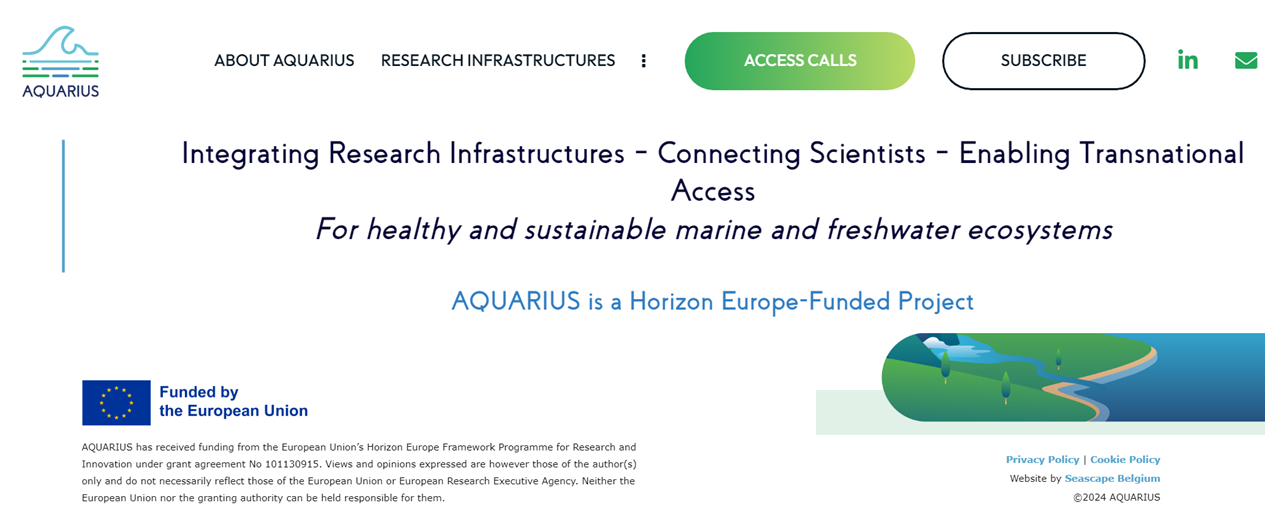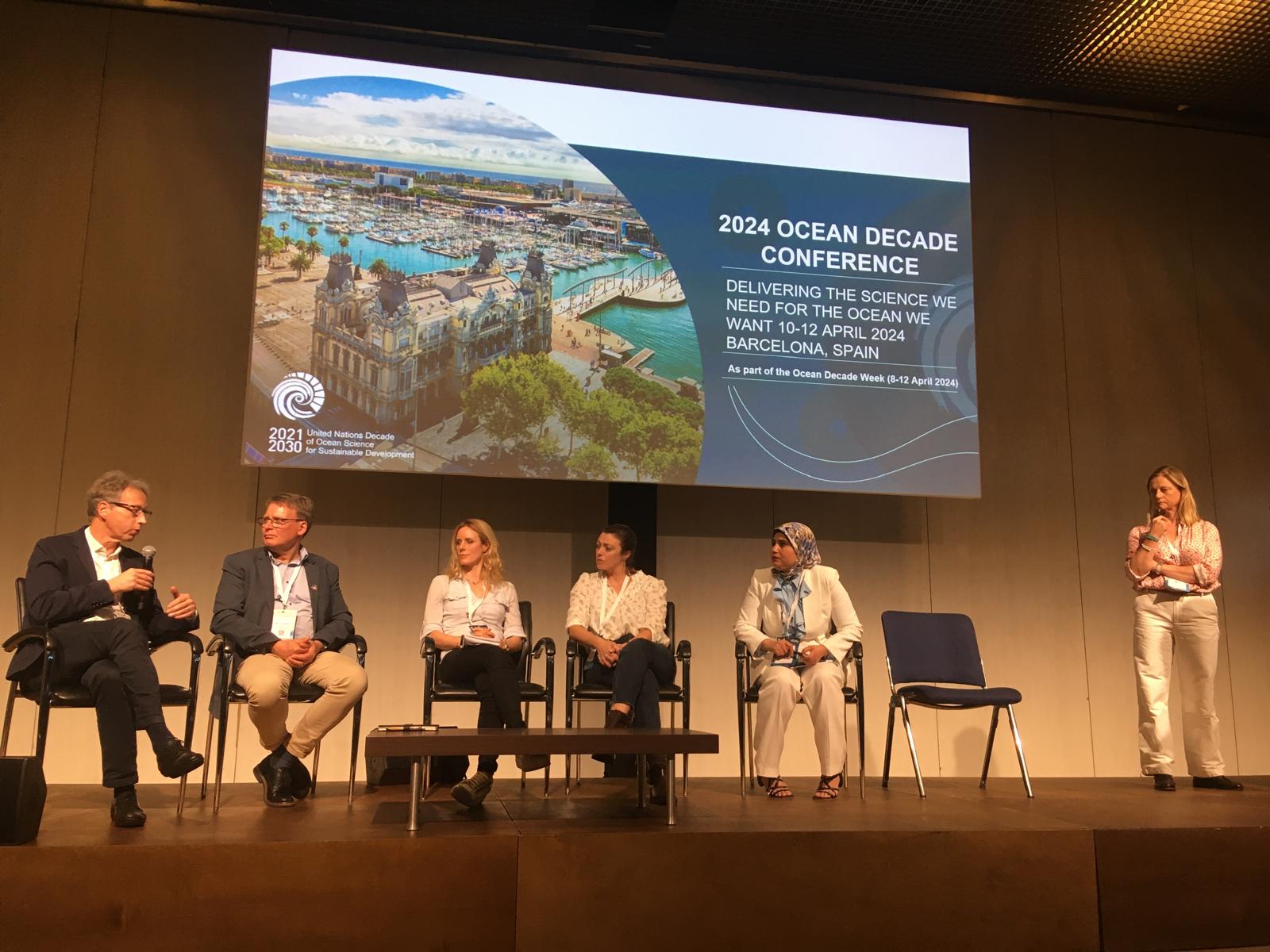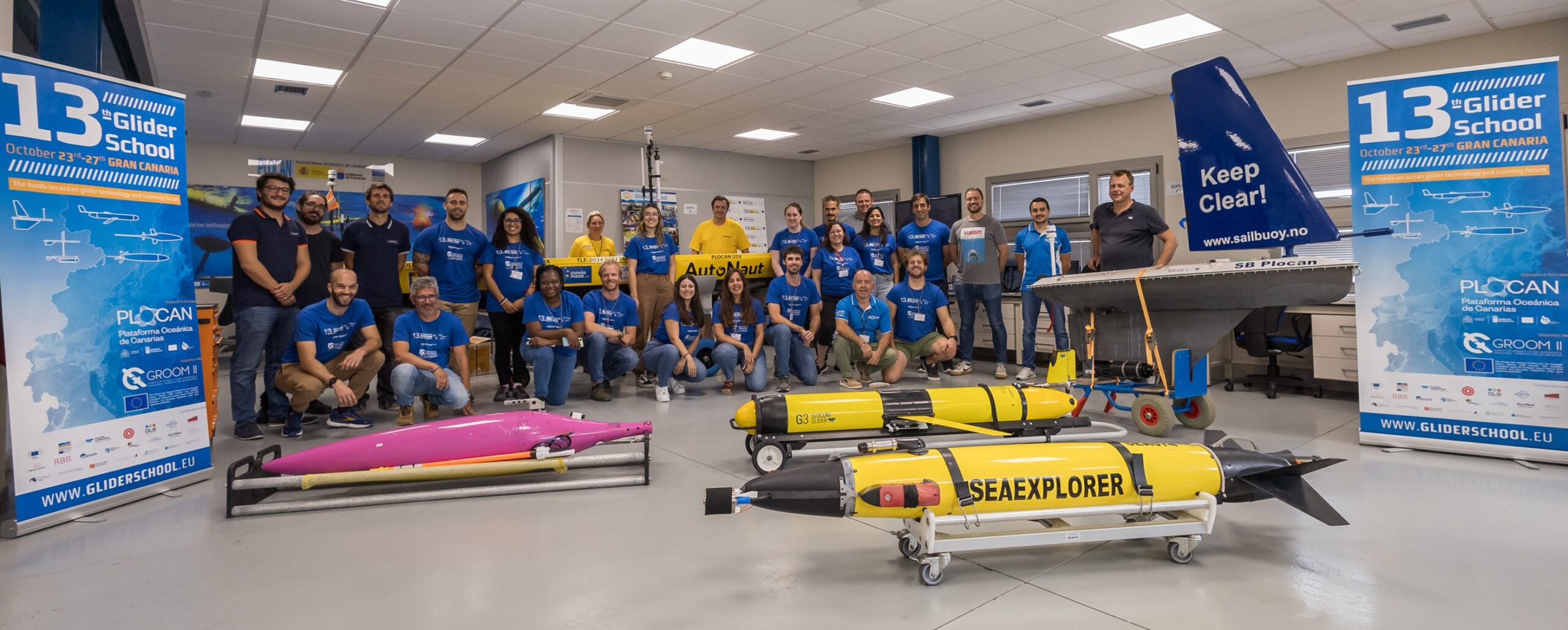International ocean experts from Europe, Brazil, South Africa, Canada and USA have joined forces to map and assess the current and future risks from climate change, natural hazards and human activities to Atlantic ecosystems for the next five years.
Funded by the European Union’s Horizon 2020 program, MISSION ATLANTIC will be the first initiative to develop and systematically apply Integrated Ecosystem Assessments (IEAs) at Atlantic Basin scale. This unique IEA approach engages scientists, users and marine stakeholders, and resource managers, integrating all components of the ecosystem, including human activity, into the decision-making process. In this way, managers and policy makers informed by science, can balance the need for environmental protection with secure, sustainable development, thereby ensuring a positive future for the Atlantic Ocean.
PLOCAN will contribute to this effort as part of the development, testing and validation team both at its test-site facility and at real operational scenarios in the Canary Islands, Azores and Brazil, of an intelligent low power, low light imaging system specifically designed to operate in low light environments. The system consists of several highly efficient light sources, a low-light camera and intelligent sensor guided acquisition and processing algorithms. Besides the scientific objective of acquiring the images of the seafloor, the overall system has also to be energetically efficient and compact to enable long-term operations from low-power autonomous underwater gliders. This new technological development is led by the German research institute MARUM and will be integrated into ocean gliders of PLOCAN fleet made available to the project.
Patrizio Mariani, MISSION ATLANTIC Project Coordinator, has pointed out that “in an era of rapid transformations affecting our societies and lives in at global scale, we are asked to provide the scientific knowledge necessary to face future challenges and to guarantee a sustainable future for the next generations. By studying the complex Atlantic Ocean ecosystems, MISSION ATLANTIC will contribute to a better and more sustainable future for life on Earth”.
Using high resolution ocean models, artificial neural networks, risk assessment methods and advanced statistical approaches, MISSION ATLANTIC will accurately assess pressures imposed on Atlantic marine ecosystems, identifying the parts most at risk from natural hazards and the consequences of human activities. The team of experts will combine existing data from global ocean monitoring programs with new observations collected using advanced marine-robotics technologies and ocean sensors. In a truly multidisciplinary approach these tools will be used to explore plankton and fish distribution in unknown waters, including sub-Arctic and Tropical regions in the Atlantic Ocean.
In addition to expanding scientific knowledge of the Atlantic Ocean, MISSION ATLANTIC will focus on improving education and professional development opportunities in countries bordering the North, South and Tropical Atlantic Ocean. Regional stake-holder platforms will act as “science to governance” interfaces in these areas, enabling local communities to engage with their representatives and stimulate effective policies.
MISSION ATLANTIC project has received funding from the European Union’s H2020 Research and Innovation Programme under the Grant Agreement Nr. 862428



